Summer travel season is officially here, and that means travelers across the country are understandably asking themselves the same question: Will my flight home get delayed and canceled again this year?
It's smart to be concerned about the latest round of travel chaos – especially with ongoing issues at one of the country's biggest airports in Newark (EWR). While most airlines are performing much better these days, another swell of summer travelers will push them to their limits. And weather is always the X-factor (especially in the summer): A bad thunderstorm in one pocket of the country can quickly cause mass disruptions all over.
Plus, the memory of Delta's catastrophic meltdown last summer still looms large. No matter how things look, it's best to hope for the best … and prepare for the worst.
But this isn't a story about what to do once an airline has canceled your flight – we've covered that already. With gray skies or blue, you need to be proactive. Here are some simple ways you can try to save yourself from the stress of potential flight disruptions.
Read our op-ed calling for greater passenger rights and compensation in the event of delays and cancellations!
Fly Early in the Day
Flight disruptions can be unpredictable. When an airline is in full-scale meltdown, there's no telling which flights might be canceled or delayed.
But there is a general rule of thumb: The earlier the flight, the better.
It makes sense when you think it through, right? Barring major weather issues or other problems, an airline can typically get its first flights of the day off the ground on time. But as the day goes on, delays and cancellations leave planes and crews alike in the wrong place, unable to catch up and get the next flights out on schedule. It's a snowball effect.
Here's the proof, thanks to data on July 2024 flight delays at the nation's 30 largest airports logged by the Department of Transportation. Those numbers show that while nearly 80% of flights depart on time when scheduled to leave before 8 a.m., that percentage dropped to 70% for flights departing after 3 p.m. It's much worse at airports like Denver (DEN), Chicago-Midway (MDW), Boston (BOS), Las Vegas (LAS), Newark (EWR), and New York City (JFK), among others.
It might not always be the best for your schedule or your beauty sleep. But for peace of mind, it can be worth paying a bit extra for an earlier departure to increase your odds of getting in and out on time – maybe even changing your flights to an earlier departure, paying the fare difference but no additional change fees.
Luckily, Google Flights lets you quickly sort your options by departure time.
Here's the other problem: Flights are still full these days. In fact, data from Airlines for America show that domestic flights in the U.S. are more full, on average, than they were prior to the pandemic.
Sure, that means you're all but guaranteed to have someone next to you on your flight. But that also means the next flight to your destination is likely full, too – and the next one, and the one after that. That makes it even harder to get a seat on the next available flight if your first flight gets canceled, stretching what could be a delay of just an hour or two into many hours … if not days.
This is by no means a silver bullet. But if you've got a choice between a morning departure and the afternoon, take the morning flight. In good times and bad, it's the best bet you can make right now.
Avoid Connections If You Can
Booking a flight with a connection can be the key to saving over paying extra for nonstop options. But taking an extra stop on your way to your final destination also doubles the chances of something going wrong.
If a one-stop flight is unavoidable, give yourself more time than usual to make sure you make it. In an era where flights are getting delayed left and right, the once-reliable connection of one hour or less could suddenly be thrown into doubt. Yes, your airline is almost always responsible for getting you on the next available flight if you miss your connection … but if there's not a seat open on that next departure, “next available” could be many hours – or even days – away.
Personally, I'm sticking with connections of two-plus hours these days. Heading abroad? It's probably safer to round up to three hours or more, depending on where you're heading.
This is even more important if you're utilizing positioning flights. It's one of our favorite-money saving strategies for cheap international flights. Instead of searching for flights to Zurich (ZRH) from your home airport of Minneapolis-St. Paul (MSP), you book a cheaper fare out of New York City (JFK) or another east coast hub, then separately book a cheap fare to get there for the transatlantic trip. Do it right, and the savings can be substantial.
But the stakes are far higher with these kinds of connections these days. If your flight to New York gets delayed and you miss your connection, you're out of luck – the airline is under no obligation to put you on its next flight to Rome.
With the risk of delays and cancellations seeming high, it may not be worth trying. If you do, give yourself as much buffer room between flights as humanly possible to make sure you don't miss a connection … five-plus hours minimum, I'd say – or maybe even fly in a day early. Wouldn't you rather sit in the airport for a few extra hours than buy a last-minute ticket to replace the flight you just missed due to a delay?
Take Advantage of Weather Waivers to Reschedule
When storms bear down, many travelers have a chance to get out of dodge early – or later. And airlines often give them a free pass to do so.
Major airlines regularly issue weather waivers ahead of bad storms, allowing travelers with travel scheduled over the next few days to move flights up (or back) without paying change fees or hefty fare differences. If that happens, you've got a window to get out of town (or return home) early, otherwise you might consider changing to a flight later this week after the worst has passed.
And you may want to do so sooner rather than later. With flights regularly going out full, open seats on those later flights may be scarce … and could disappear fast.
Here are some quick links to each major U.S. airlines' currently published travel waivers:
- Alaska Airlines
- Allegiant Air
- American Airlines
- Delta Air Lines
- Frontier Airlines
- JetBlue Airways
- Spirit Airlines
- Southwest Airlines
- Sun Country Airlines
- United Airlines
There's no telling if bad weather will interrupt your summer travel plans. But if it does, using these waivers is one of the best choices you can make.
Get to the Airport Earlier, Too
I don't care who you are or what you normally do: This is not the time to cut it close with when you arrive at the airport.
Getting through security is always a pain – especially with the TSA finally enforcing (sort of) Real ID requirements – and that's even more true during the summer travel season, when crowds of amateur travelers take to the skies.
Unless you're flying mid-day or during other off-peak times, you might want to add another hour to your usual airport routine. Better safe than sorry, right?
Services like TSA PreCheck and CLEAR® Plus – or heck, maybe both in tandem – can help you speed through the security lines quicker. But even that's not a guarantee these days. As travel has taken off, photos of long lines even at expedited CLEAR lanes are lighting up the internet.
Yet there's one area of the airport that could make arriving earlier than normal even more critical…
Don't Check a Bag
If ever there was a time to join team carry-on, it's now.
The lines to check in for flights in-person and drop off a checked bag can be the stuff of nightmares. There are only so many kiosks and airline agents available, staffing remains an ongoing problem at airlines' big hubs, and more and more of the travelers that are flying are checking a bag or two.
During busy periods, it can lead to lines like this one at Minneapolis-St. Paul (MSP), where travelers stretched from end-to-end waiting to drop off a bag with Delta.

Then there's the wait to get your bag after arriving – and that might be the worst part. Even airlines like Alaska and Delta that guarantee your bags will arrive within 20 minutes of arrival are falling short, shelling out 2,500 SkyMiles at a time for being late.
But there’s an easy way to avoid it all: Pack in just a carry-on bag – trust us, it’s easier than you think. That means no long lines to drop off bags, no stress about a lost or delayed bag, and you can complete your entire check-in process online or via a smartphone app.
Yes, we know: You love your checked bag. For traveling families with children, it can be an absolute necessity. But think long and hard about whether you need that big checked bag … and then consider joining us on team carry-on.
Watch Your Airline & Your Reservations
These days, it pays to be vigilant.
Just because you booked a flight a few months (or even just weeks) ago doesn't mean that's exactly what your flight will look like when your trip finally comes. We've seen airlines big and small adjusting their schedules (especially United), hoping to stave off even worse snafus by condensing schedules and eliminating some flights to buy themselves some breathing room.
But airlines don't always do the best job of letting customers know when they've made a change. That means you need to watch your reservations like a hawk. As your trip draws near, you should check, double-check, then triple-check your flights to make sure they haven't been changed.
Apps like Flighty and TripIt often do a much better job of catching these changes. Whether it was a flight change days in advance or a day-of delay, I can't count the number of times that Flighty alerted me at least 30-plus minutes – if not hours – before the airline itself. Tools like these are indispensable these days.
Read our full review of the Flighty Pro app and why we consider it a must-have for frequent flyers!
But there's one more tool that can help you prepare for potential issues: FlightAware.com's cancellations dashboards. This handy tool tracks all the day's delays and cancellations from airline to airline, and airport to airport.
As you're getting ready for your trip, scope out your airline in the days leading up to departure for potential warning signs. If you're flying on a Friday and your airline has canceled hundreds of flights on both Wednesday and Thursday … well, prepare for ongoing issues. It's a fairly safe bet that those disruptions are going to continue.
Book Your Flights with a Good Credit Card
Preparing for the worst all starts from the time you buy your tickets.
Sure, you could buy a travel insurance policy that’ll help cover some of your additional costs if plans change. But if you’ve got the right travel credit card, you may not need to. Just book your flight with a card that comes with travel protection and you’re set – plus you’ll earn some extra points, too.
Few are better than the *chase sapphire preferred* or the *venture x*, as they have some unbeatable travel insurance coverage on any ticket purchased with the card. On the Preferred Card, for example, you get:
- Up to $500 in reimbursements for expenses like airfare, hotels, meals, etc., in the event of a delay of 12 or more hours.
- Up to $100 a day for five days if your checked baggage is delayed more than six hours.
- Unbeatable coverage for rental cars
- And more…
Read more on the best credit cards for travel insurance!
When it comes to accommodations from hotels to resorts to Airbnbs, there’s one simple solution: Make sure you’re booking fully refundable stays. That’s one of the best pieces of advice we can give for traveling these days, whether you’re worried about flights getting canceled or not.
Fortunately, it’s much easier these days. Major hotel chains always offer fully refundable bookings – often at a small premium over a nonrefundable rate, but that’s worth it. Meanwhile, Airbnb has made it much easier to find properties with flexible cancellation policies.
Bottom Line
The busy summer travel season is right around the corner. Like it or not, that means the odds of delays and cancellations are growing.
There's no way to know for sure whether your next flight will get delayed or canceled. Even on an airline's worst day, 60% or more of flights will get on and off the ground on time. But that's still no guarantee, and the risks of disruptions are still out there.
For now, the best you can do is follow some of these tips and hope for a smooth flight … wherever you're jetting off to.

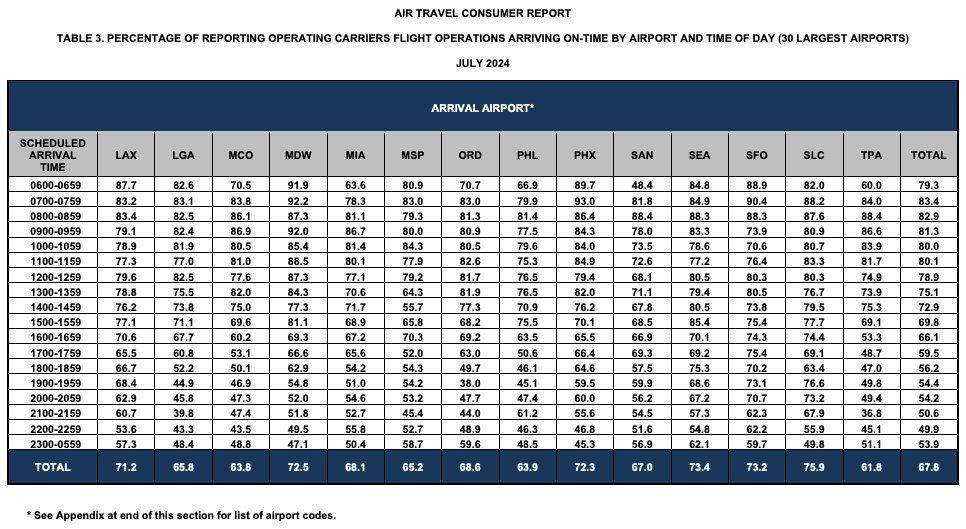
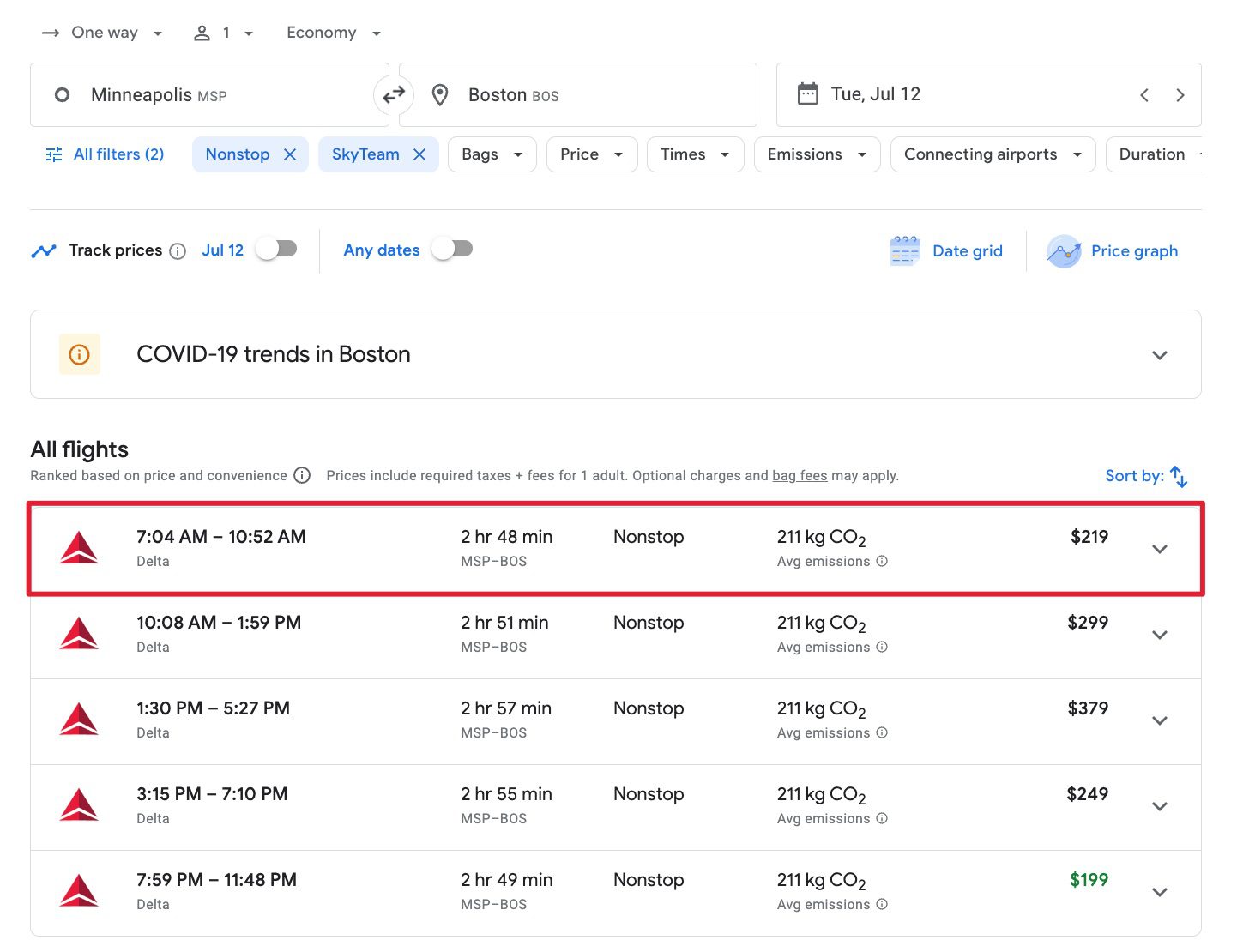
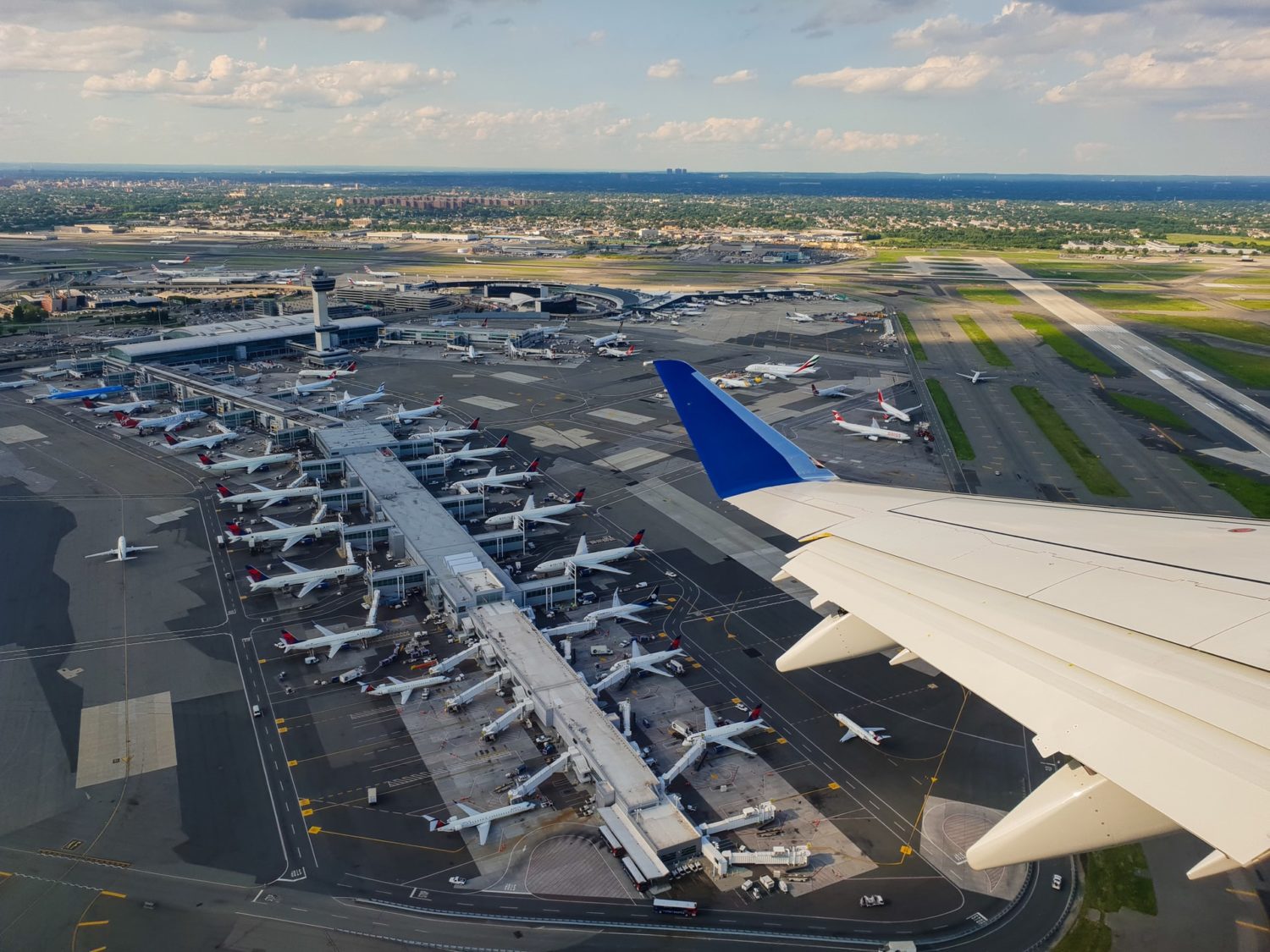

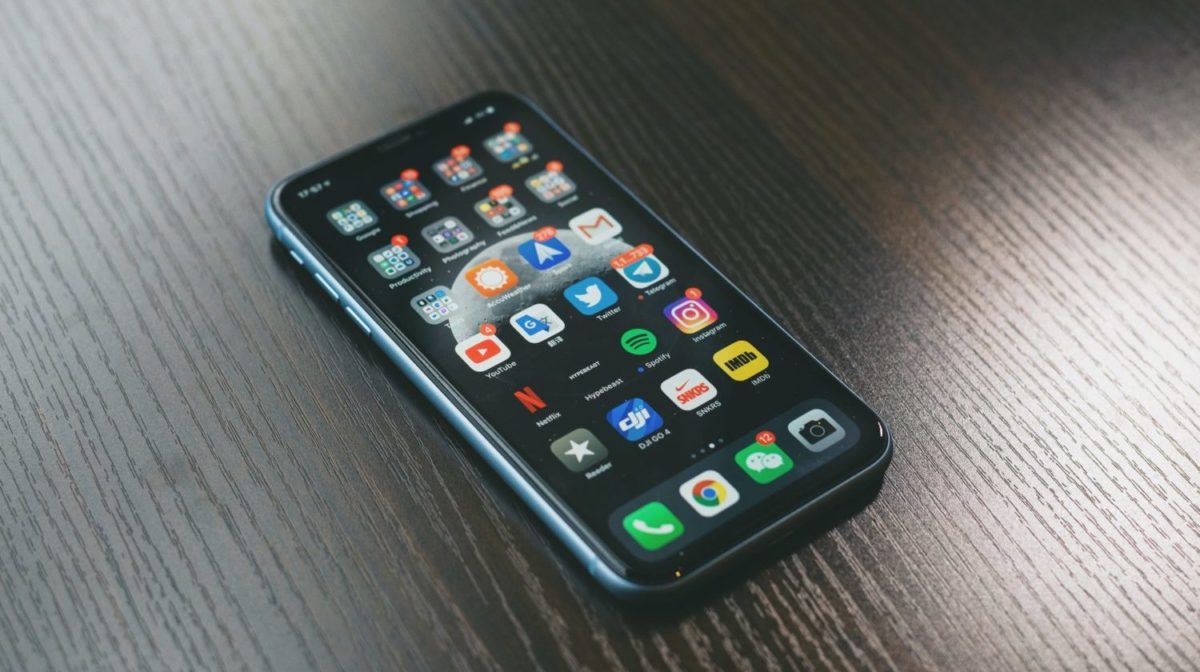
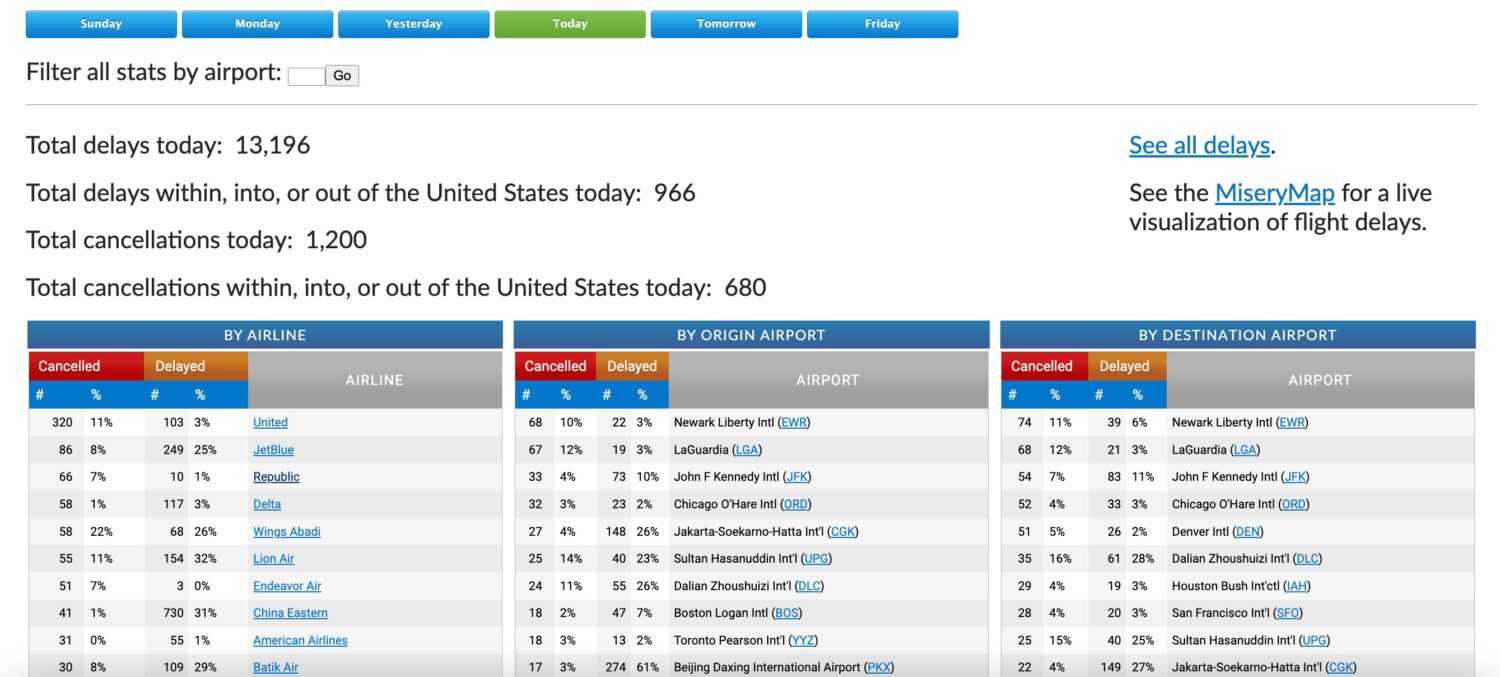


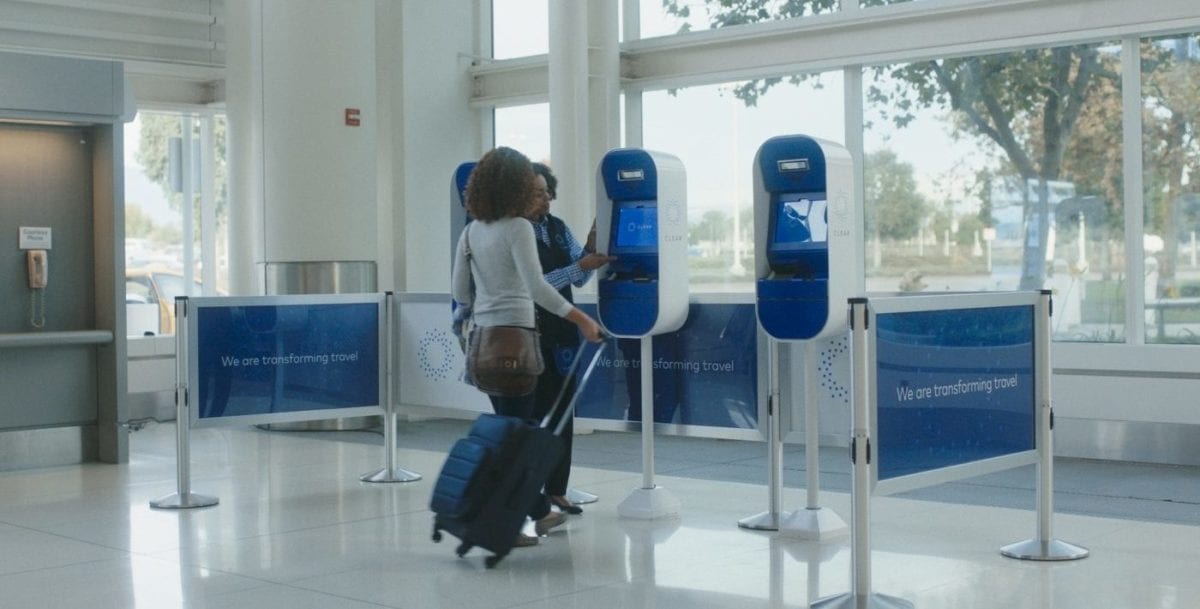
A question that I have always thought about but never asked – so here goes. As far as travel insurance goes with say the Chase Sapphire card. If I book tickets with points, but pay the extra taxes (usually minimal) with the Chase card, does that cover me for any trip delays, cancellations, etc ? I don’t know if there is a min spend on the tickets or how that works to be covered.
Thanks in advance
Correct! That’s all you need.
Wow – that’s awesome. Thanks Kyle – enjoy the holiday !!!
In my opinion the Ritz Carleton Chase Card has the best travel protection. They pay when your delay is more than 6 hours, not 12.
The best way to circumvent flaws with the current Checked Bag Nightmare is to ship your bags by express courier the day before your flight, and sit back while enjoying not having to worry about dealing with the airline and/or airport upon arrival.
Well we all appreciate the cheap flight notifications, but it’s becoming quite apparent that you’re pushing credit cards, airbnb, and Hyatts because you get paid from them but it would serve your company and your paying customers to get actual travel professional on your team. Or at least have monthly contributors who are well versed in the industry. Because I feel like you guys are pumping out a lot of the same information. Someone in hospitality, hotels, resorts, airlines, destination management companies, travel agents, etc. could absolutely add value to what you guys are trying to do. People that are actually on the ground, and in the thick of it everyday for their professions.
Thanks for the feedback, KA. Yes, we do make some money on some (but certainly not all) of the credit cards we feature on this site when readers apply and are approved. That’s all thoroughly disclosed in the Advertiser disclosure you see at the top of each and every story on our site, including this one. Hyatt and Airbnb don’t pay us a dime, nor do we have any financial partnerships with any companies, period. Whether it’s flight deals, Airbnbs, or using travel credit cards responsibly, we just write about things that we believe have value for travelers and can help them see more for less. That’s our entire mission.
While there are plenty of folks out there who know more than we do, we are also travel professionals who are dedicated to keeping travelers informed. We may just have a slightly different perspective. If there’s something in this story, or any of our coverage, that you feel is wrong or missing, please let us know. We’re always looking to improve, and my email inbox is always open – kyle at thrifty traveler dot com.
Story idea : I think a great story idea is to highlight the top benefits of the travel cards you’re constantly pushing on TT.
We know flight are being canceled and delayed.
Share with us thorough information on how to best utilize the travel cancellation/delay benefits of our cards.
For instance I hold the Delta AMEX Reserve.
Help us break their the fine print.
Sounds like a lot of claims will be filed this summer.
Thanks Ab, we are actually working on a story on just that for later this week. Keep your eyes peeled.